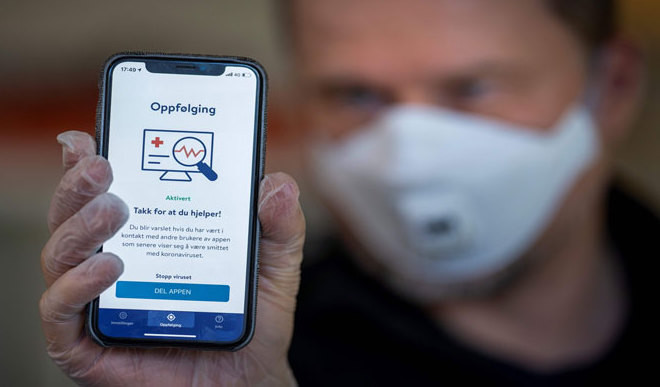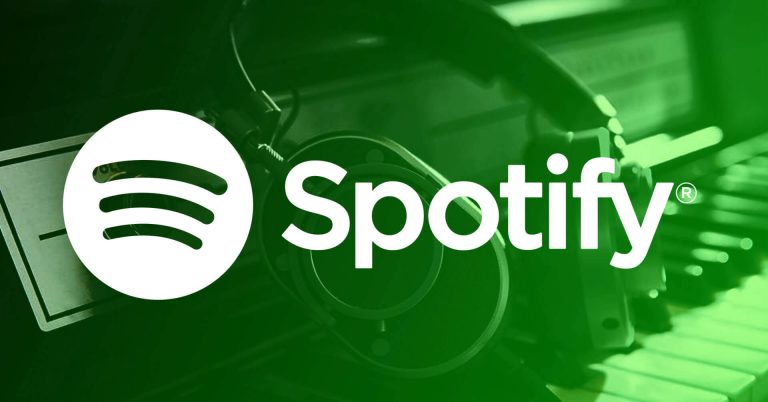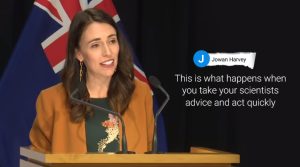New York: Researchers, including one of Indian, have discovered that the greater part of the COVID-19 applications expected access to the client’s personal information, however, just a bunch showed the information would be unknown, encoded, and made sure about.
Distributed in the diary Nature Medicine, the investigation uncovered that portable applications are helping track the spread of COVID-19 to contain the flare-up, yet the applications likewise raise worries about personal information.
“Is perplexing that these applications are ceaselessly gathering and preparing exceptionally delicate and by and by recognizable data, for example, wellbeing data, area, and direct identifiers” the scientists from the University of Illinois at Urbana-Champaign in the US, said.
“Prominently, observation mapping through applications will permit governments to recognize individuals’ movement ways and their whole informal organizations,” they included.
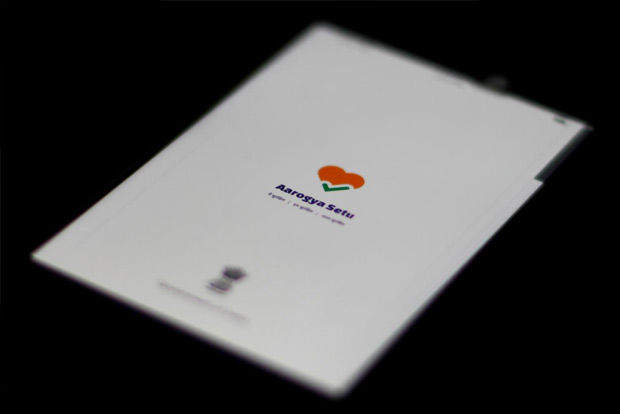
For the discoveries, educator Masooda Bashir and doctoral student Tanusree Sharma reviewed 50 COVID-19-related applications accessible in the Google Play store for their entrance to clients’ very own information and their security assurances.
Bashir and Sharma found that a large portion of the applications expected access to clients’ very own information. However, just a bunch showed the information would be unknown, encoded, and made sure about.
The functionalities of the COVID-related applications created far and wide incorporate live maps and updates of affirmed cases, ongoing area based alarms, frameworks for observing home detachment and isolate, direct answer to the administration of side effects, and training about COVID-19.
Some additionally offer to screen indispensable signs, virtual clinical conferences, and network-driven contact following.
Of the 50 applications, the specialists assessed, 30 require clients’ authorization to get to information from their cell phones, for example, contacts, photographs, media, records, area information, the camera, the gadget’s ID, call data, Wi-Fi association, amplifier, organize get to, the Google administration arrangement and the capacity to change organize availability and sound settings.
One of the applications states they will gather clients’ age, email address, telephone number and postal code; the gadget’s area, novel identifiers, portable IP address and working framework; and the sorts of programs utilized on the gadget.
Just 16 of the applications showed such information will be mysterious, scrambled, made sure about, and detailed distinctly in total structure. Of the applications inspected, 20 were given by governments, wellbeing services, and other such authority sources.
They recognized that mass reconnaissance measures might be important to contain the spread of the infection.
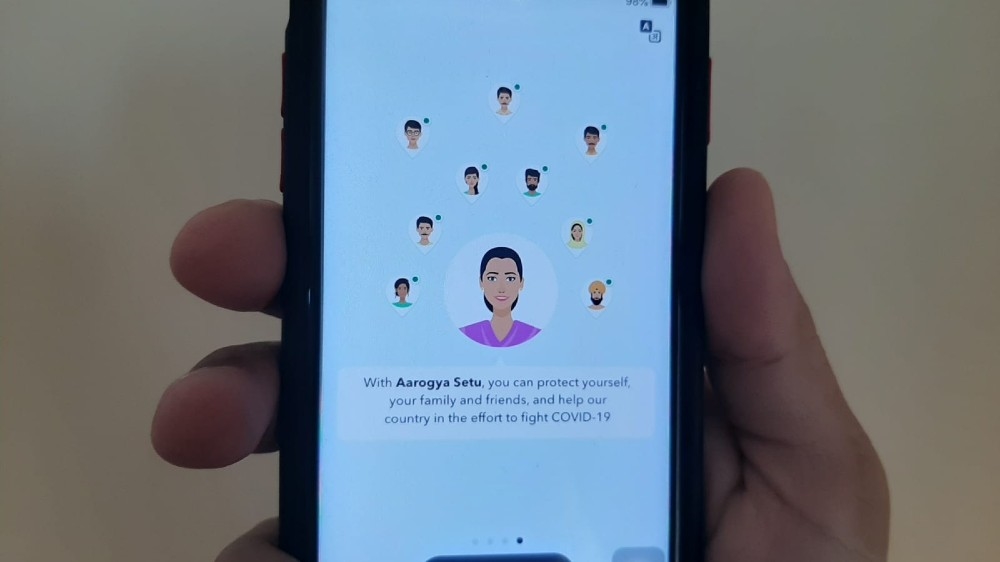
“Human services suppliers should totally utilize whatever means are accessible to spare lives and keep the spread of the infection,” the writers composed. “In any case, it is up to the rest, particularly those in the field of data protection and security, to pose the inquiries expected to ensure the privilege of protection,” they stated.

